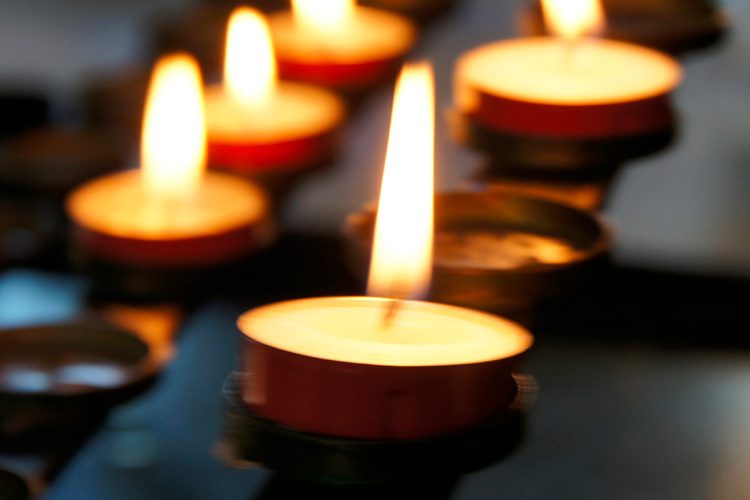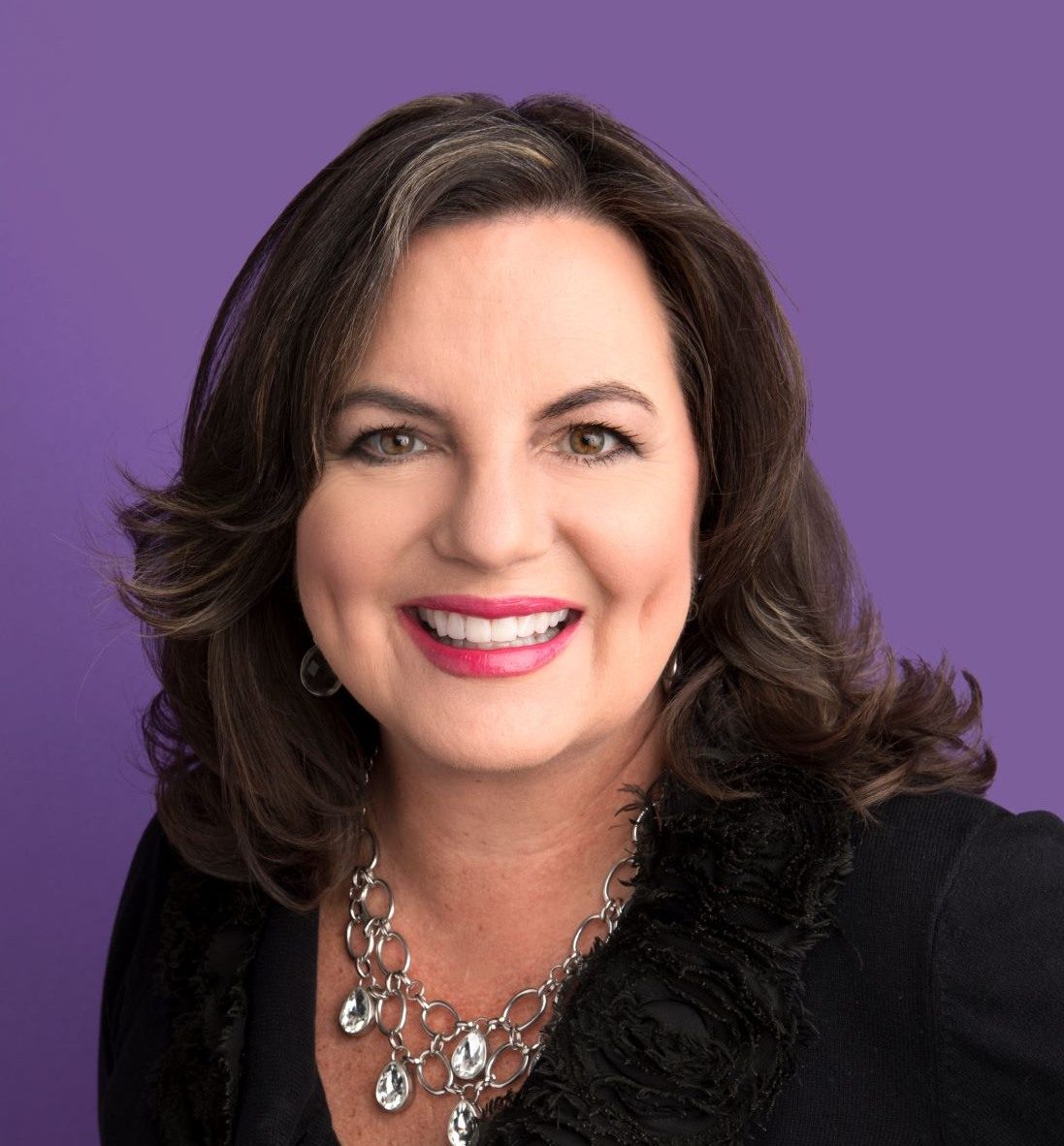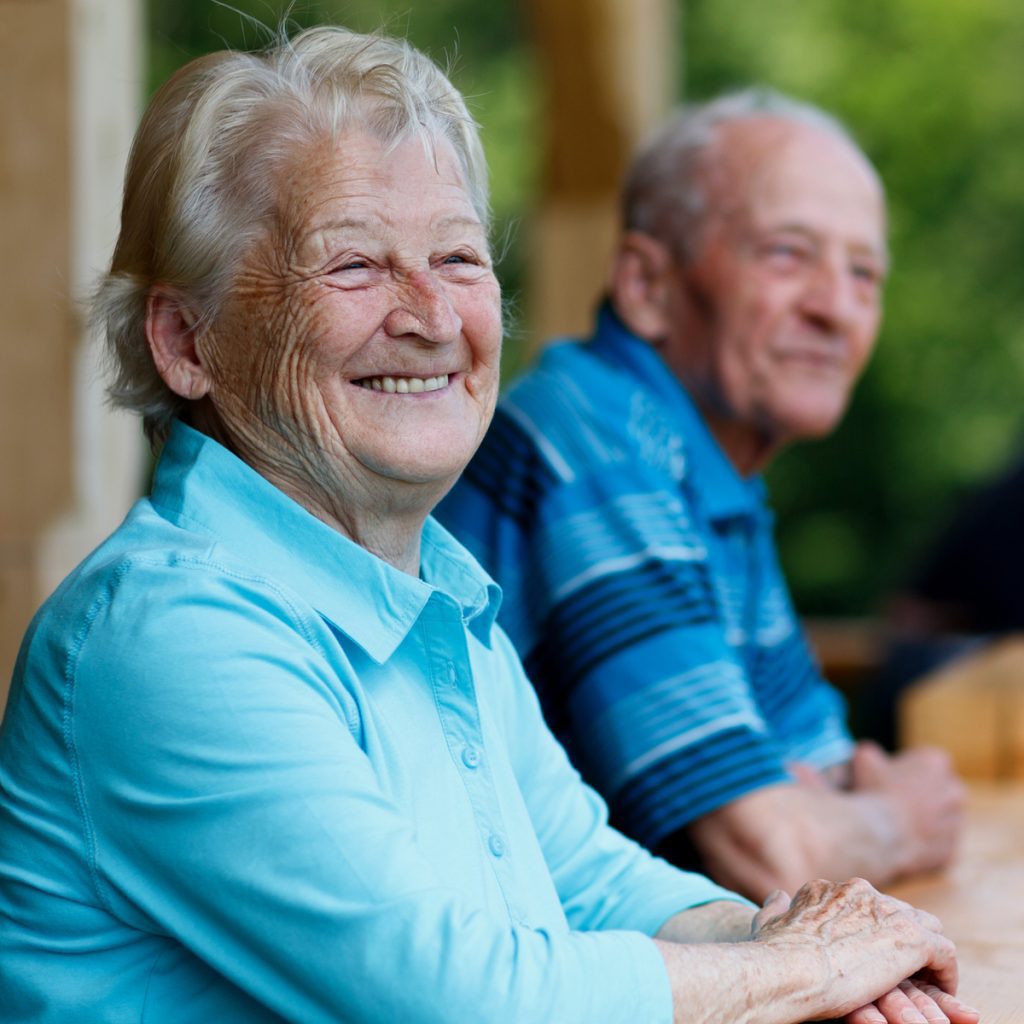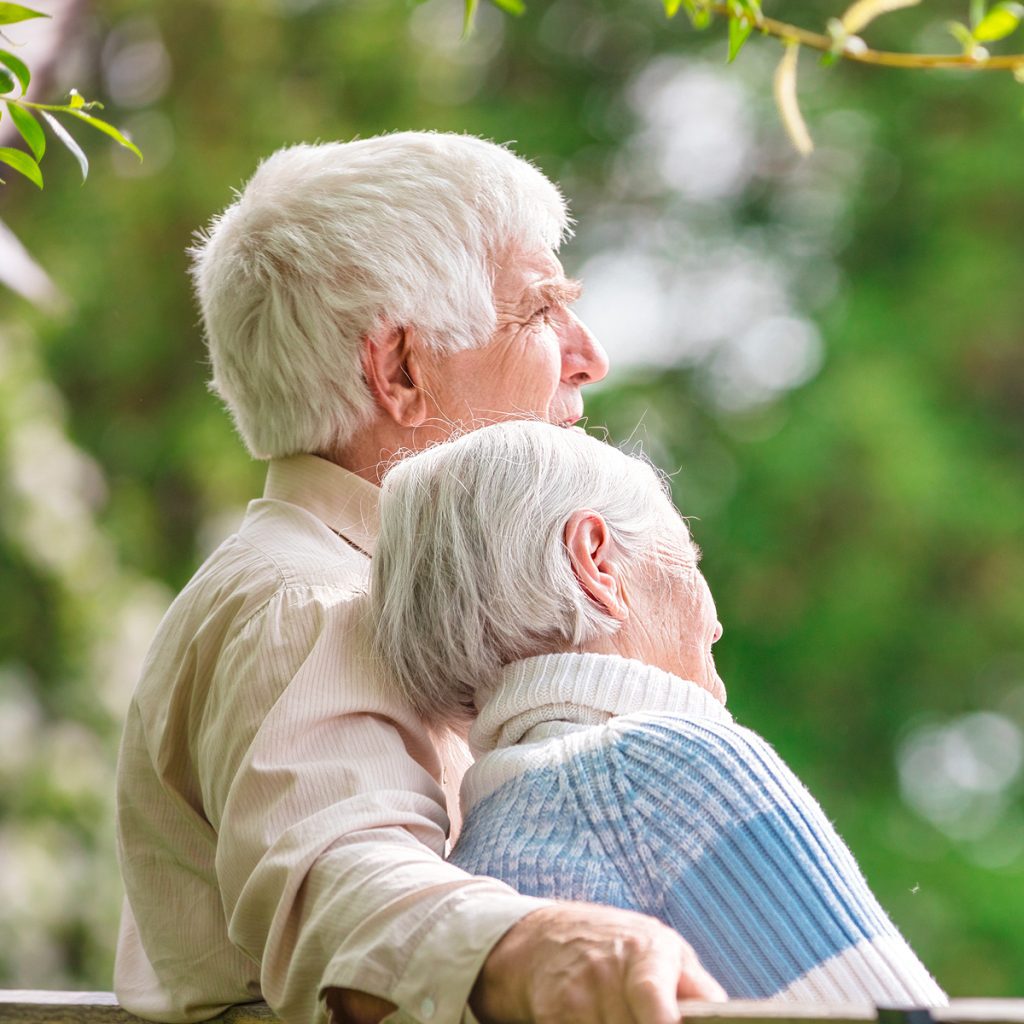Whether through traditional religious practice or a more personal spiritual journey, the evidence is clear: cultivating some form of spiritual foundation on our aging journeys influences our longevity. The questions that naturally arise in later life—What’s next? What comes after? How do I find resilience? Where do I belong?—are universal human experiences that transcend denominational boundaries.
By creating space for both formal religious practice and individual spiritual exploration, Someren Glen aims to support residents in finding the peace, purpose, and a sense of belonging that contribute to a life well-lived. After all, aging gracefully isn’t just about maintaining our bodies—it’s about nurturing the deeper aspects of what makes us human.
The following article was written by Kelly O’Connor, Certified Senior Advisor, longevity industry insider, and frequent keynote speaker. She shares her experience and observations on the impact of spirituality in the lives of older adults.
Spirituality’s Role in Aging and Longevity
Written By: Kelly O’Connor, longevity industry insider and keynote speaker
In the summer of 2024, I wrote a blog post entitled Longevity Lifestyle, in which I stated that during my 15 years working with older adults, people who have the most contented later lives are those with some sort of spiritual beliefs and practice, whether formal or informal.
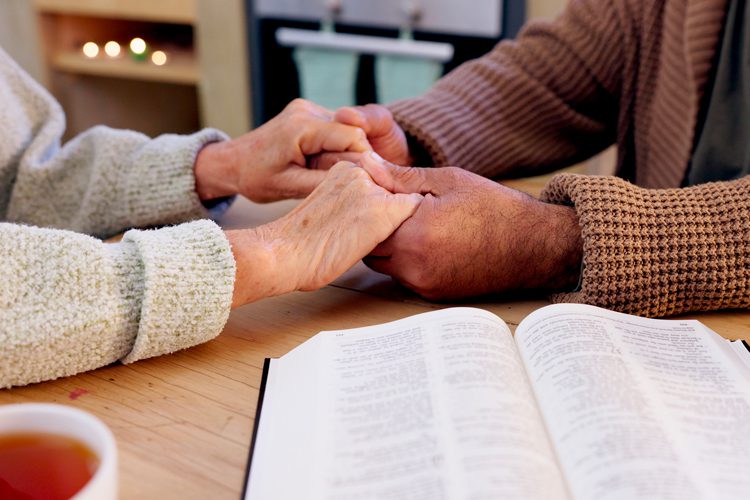
Spirituality in the U.S.
According to a July 2023 Gallup poll, 47 percent of U.S. adults consider themselves religious, 33 percent consider themselves “spiritual, but not religious,” and 2 percent claim both spiritual and religious. That’s 82 percent of Americans with some sort of spiritual foundation in their lives. The article continues, stating that the oldest Americans (65 and older) are most likely to identify as religious, at 57 percent.
Regardless of religion, most religious people have a strong sense of the following areas:
- A strong sense of the divine. Most religious people have a belief in God or a higher power as central to life.
- Moral or ethical code. Viewing right and wrong for religious people is grounded in sacred teachings/texts rather than human opinion.
- Life purpose. Human life is seen as part of a divine plan or spiritual journey, tied to faith.
- Afterlife or ultimate accountability. Religious people across the board have a strong belief in heaven, hell, reincarnation, enlightenment, or another form of spiritual afterlife.
- Common spiritual practices. Whether prayer, meditation, worship services or rituals, religious people can find commonality and connections within their specific religions.
Spiritual But Not Religious (SBNR)
With more than one-third of Americans identifying as spiritual but not religious, how do they find their peace within? They tend to find contentment through communing with nature, experiencing human connection, delighting in the beauty of creative expression, and/or enveloping themselves in deep personal exploration. You might even see them adopting rituals, incorporating doctrines and studying texts from various faith traditions as they formulate their own view of self and the divine.
A common trait among those who are spiritual but not religious is that they are willing to reconsider their religion (or non-religion) of birth and make their own way. This requires a non-traditional spiritual curiosity, self-reliance, and moral autonomy – the willingness to write one’s own story, chart their own path, and experience the spiritual consequences of those choices.
Why Spirituality is So Important to Older Adults
When I began to dig deeper into spirituality and aging, my clients shared with me four questions that religion and/or spirituality bring to their lives:
- What’s Next? Later life is one of the most sacred times in a person’s journey on the planet. It often comes with the changing of familial roles and work contributions. People are often retiring or reinventing themselves, which lends itself to the questions of “what now?” or “what’s next?” It lends itself to deep personal reflections on how one’s time and life energy should be spent during this next phase of life.
- What’s After That? As one ages, thoughts of mortality begin to creep in, especially as friends and relatives begin to die. While 18 percent of the population have no sense of spirituality or religion, most people start to reflect on their beliefs, some with questions and some with comfort.
- How Do I Get Through….? Resilience is one of the most needed skills throughout the human experience. Questions like how do I get through job loss, heartbreak, isolation and death of my fellows set in, more so in later life as our lifeline seems shorter. Religious and spiritual beliefs often relieve the burden others might feel when there is something or someone to lean into and on.
- Where Do I Belong? As relationships shift and commitments change in later life, those with the highest reported sense of life satisfaction tend to feel connection within community, whether within a religious body, a family, a fraternal organization, a senior living community or a combination. Most people with religious or spiritual beliefs see themselves as “belonging to” something greater than themselves and that brings a peace, a relief, and great satisfaction.
Final Thoughts
Having some sort of spiritual compass – whether in the form of religion or spiritual practice – can help one lead a contented life. A religious or spiritual practice provides a sense of purpose, inner peace, and connection to something greater than oneself, contributing to overall emotional and mental well-being. Cultivating a spiritual practice, whether through meditation, prayer, or mindfulness can foster resilience, compassion, and a deeper understanding of oneself and the world around us.

